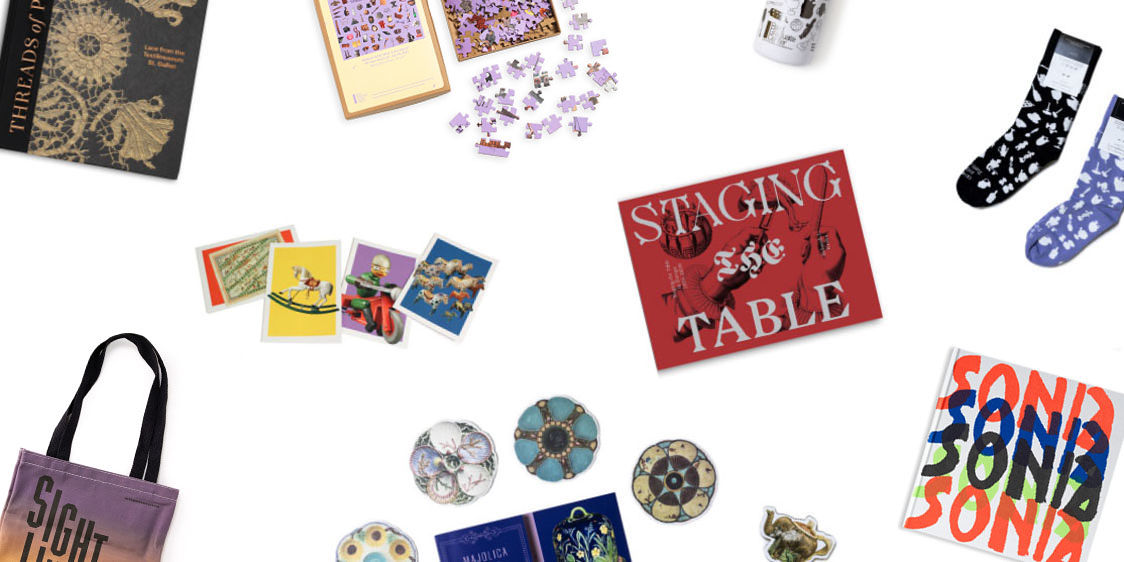Noémie Etienne gave a Brown Bag Lunch presentation on Monday, February 19, at 12:15 pm. Her talk was entitled “Exoticizing in the Enlightenment: A Global History of Switzerland in Objects.”
Switzerland is often perceived as a secluded country and has, for sure, no maritime borders, yet its inhabitants have a long history of connecting with the outside world, be it for scientific, political, artistic, or economic reasons. This talk will examine the current state of an exhibition project curated by Noémie Etienne, Claire Brizon, Chonja Lee, and Sara Petrella. The show, which is to be held in Lausanne in 2020, is part of a larger research project on exoticism in the seventeenth and eighteenth centuries at the University Bern. The aim of the exhibition is to reflect upon the ways Swiss people invented Otherness in the early modern time period. They argue that Switzerland plays a specific—and understudied—role in this context. In using the verb “exoticizing” in the title, they intend to shed light on the processes that create and organize differences and alterities.
How should we understand the work of the Geneva-born painter Jean-Etienne Liotard? Why was John Webber’s Feather Cloak (brought back to Bern from his travel to the Pacific with Captain Cook) reassembled? Swiss personalities were involved in colonial projects albeit the absence of an Empire. This exhibition project sheds light on key scholars like Alexandre-César Chavannes, the librarian of the Académie in Lausanne in charge of the cabinet, who never travelled abroad, but was one of the first to use in French the word Anthropologie (1787). As Etienne, Brizon, Lee, and Petrella will suggest, the lack of royal collections gave space to the development of a protestant pedagogy based on academic cabinets, different than the cabinets of curiosity. Material culture and the politics of representation are also at stake with local manufactories producing printed cotton textiles for the triangular trade and clocks for China. Indeed, the reproduction of non-western fashion, techniques, and styles in Switzerland is to be understood in a larger context, namely a market situation driven by economic profit.
Noémie Etienne is SNSF Professor at the University of Bern and a specialist in early modern art. She is currently leading a research project on exoticism in the Enlightenment. Her first book, The Restoration of Paintings in Paris (1750-1815) (Presses Universitaires de Rennes) was published in 2012, and subsequently translated into English and published by the Getty in 2017. Her second book (forthcoming) is dedicated to the study of dioramas in New York around 1900. She also co-founded Journal18, a journal for eighteenth-century art and material culture.











